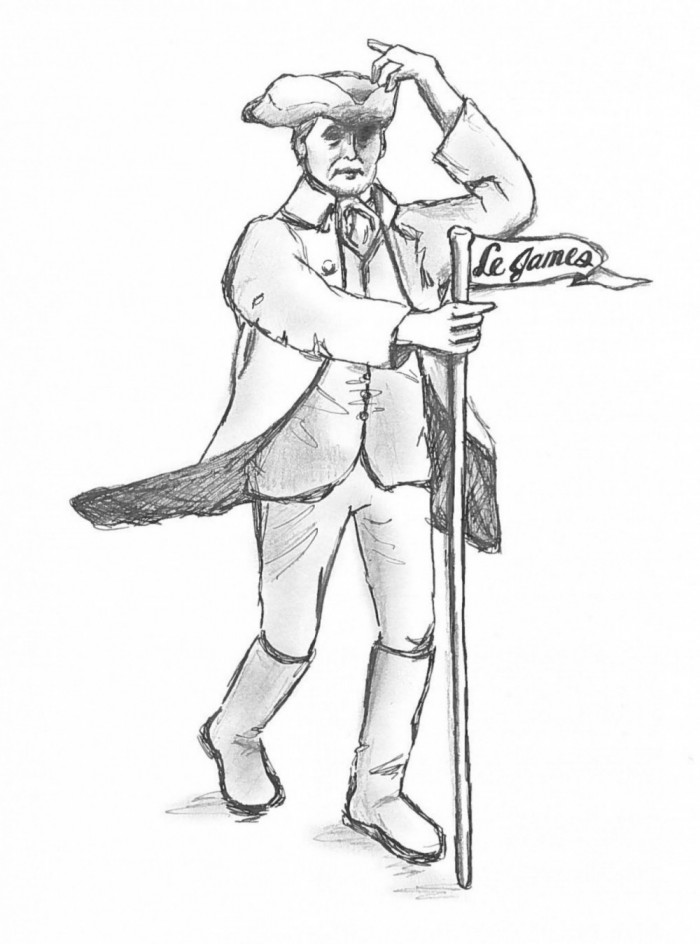The decision to rename the McGill bookstore’s new iteration “Le James” raises the question of the value in using the names of past figures who were known to be racists, misogynists, or bigots on campus. While these questions began to be asked at universities in the United States, such conversations have yet to move from the fringes at McGill. While McGill is distinct from Princeton in terms of its own history, members of the McGill community must still consider the value in judging historical figures based on current standards. James McGill was a slave owner, and it is important that the community is aware of this. But students cannot condemn his entire role at McGill based on this part of his legacy.
Though celebrated by some, Woodrow Wilson was an adamant racist who glorified the Ku Klux Klan—information that had not been sufficiently acknowledged on Princeton’s campus before the recent demonstrations. He also made Princeton into the elite Ivy League university that it is today. James McGill owned slaves, and was dedicated to the advancement of education (for white men), donating the funds to establish McGill, Dawson College, and the University of British Columbia.
These two men were not standalone figures amidst progressive change. Wilson doubtlessly hindered progress by advocating for further segregation, but it was a position supported and enforced by many other politicians. His actions represented the prevailing feeling amongst the majority of the population at the time. It was not only legal to own slaves in Quebec while James McGill was alive, it was also considered a sign of wealth and prestige. Even The Montreal Gazette, an institution with the journalistic responsibility to hold those in power accountable for their transgressions, had slaves working for it and publicized ways to buy them.
While the debate surrounding such figures is undeniably important, it’s hypocritical to judge based on our current society’s standards and act like ’we know better.’ There is no way to know what will define the scale of social standards 100 years from now. It is likely that in 2116, society’s environmentally destructive habits will be seen as appalling, but humans do not either aggressively condemn or ostracize our politicians for failing to curb those tendencies.
Shedding the names of people like Stephen Leacock and James McGill from university buildings wouldn’t be more than a symbolic gesture. In schools, of all places, students should be able to learn from past mistakes instead of becoming mired in them. Removing their names would efface history, and the lesson along with it.
Just because a lot of time has passed doesn’t make it a faceless crime, and it’s important to not remove these people from their contexts. Acknowledgment, even to the extent of the names of buildings, doesn’t equal endorsement. Often, buildings are named after the benefactor—or after someone who played a crucial part in the school’s history—and not necessarily someone who is a normatively ‘good’ person.
There’s a conception that being actively involved in promoting segregation is so much worse than passively letting it happen, or as if being an apologetic racist is radically different from being an unapologetic one. It’s crucial to acknowledge the past, and recognize those who have contributed to our current position. Thus, changing a name will not right past wrongs. The deep-seated issues brought forward by these discussions cannot be fixed by a superficial solution—more conversation is the way forward, and the bookstore should bear the name of James McGill.










